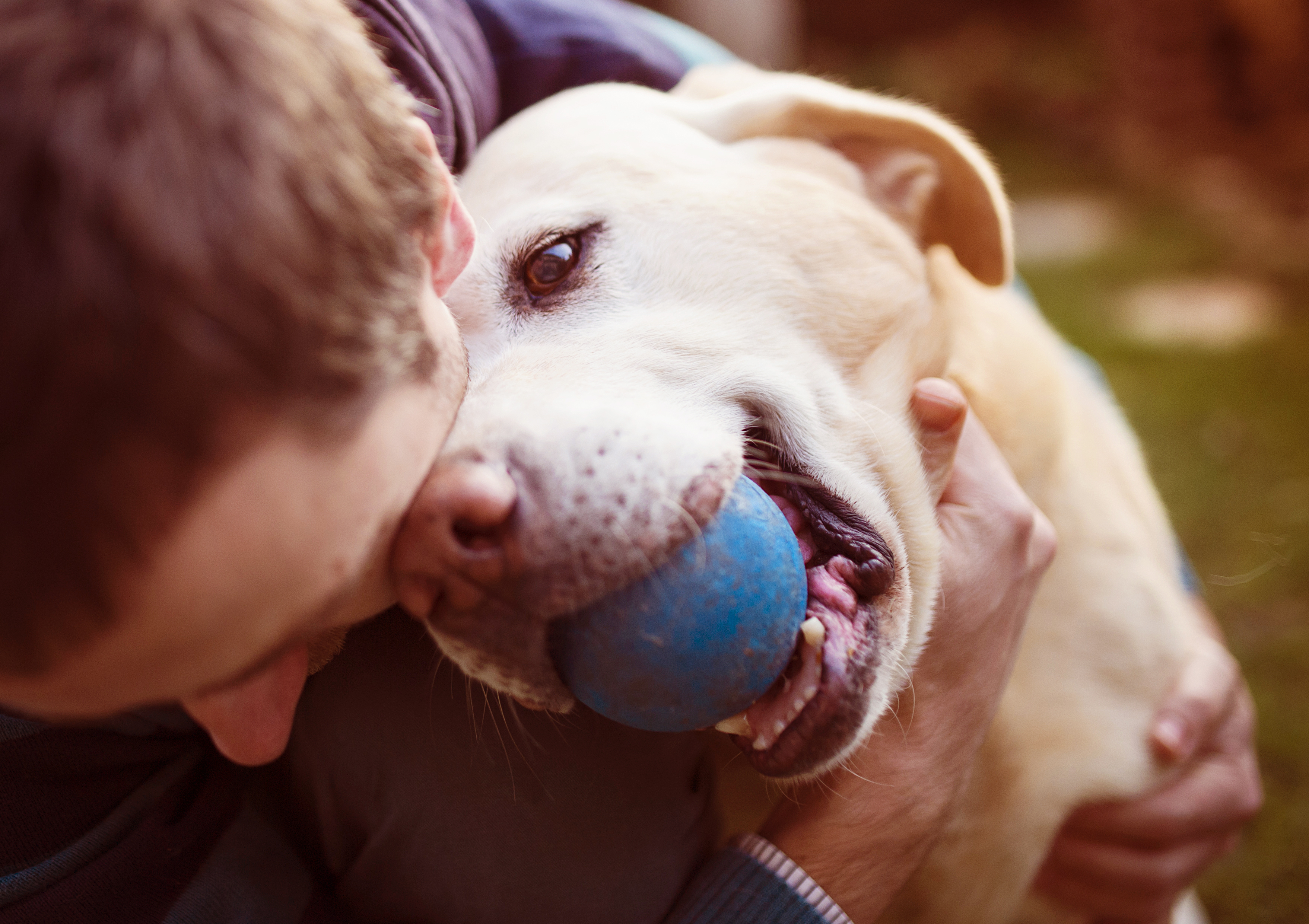 As summer comes to a close, things may start to change for your pet. The kids go back to school, your hours at work get longer, and the weather no longer supports long days spent outdoors. Your pet’s routine changes as a result, which in turn often causes separation anxiety for them.
As summer comes to a close, things may start to change for your pet. The kids go back to school, your hours at work get longer, and the weather no longer supports long days spent outdoors. Your pet’s routine changes as a result, which in turn often causes separation anxiety for them.
Separation anxiety is an affliction that many pet owners may not even know their pet has. Separation anxiety affects more pets than you might think. If your pet exhibits any or all of the following symptoms, they may be suffering from separation anxiety: Howling or barking, excessive biting or chewing, increased excitability on your return home, scratching or digging to try to reunite themselves with their owners, and/or unexpected urination or defecation of housetrained dogs.
Before we share some quick tips to help your pet deal with separation anxiety, let’s first try to understand what causes it. No one knows exactly what causes separation anxiety because it varies so much case to case, but there are definitely some well-known patterns to keep an eye out for. Most of the causes are self-explanatory, and very similar to that of human children.
If your dog is used to having a companion around all the time, when you leave they may become distressed. Or if a dog from a shelter experiences a traumatic event linked to their separation, that may carry into their daily life after you adopt them. The most common form of separation anxiety for pets occurs when you switch up their routine. Although, you may think that your pet will not notice this, pets are hyper-aware to things of this nature.
Now we get down to really trying to solve the problem. Leaving your pet alone for a period of time is something that most every pet owner has to do from time to time. Although, it can be heart wrenching, it’s an unfortunate reality of being a pet owner in a busy world.

There are many ways to help solve your pet’s separation anxiety. One solution is to give them something that smells like you, or not making a big deal about your leaving or arriving. Filling up a toy, such as a Kong, with peanut butter or frozen treats will keep them busy for hours. If the problem persists, you might seek veterinary help. There are many medications for dogs with separation anxiety issues, but we would recommend avoiding these if other alternatives exist.
The best solution is to get someone to take care of your pet, and give them the love, attention and daily exercise they need when you’re not able to do that yourself. Fetch! Pet care provides pet sitting and dogwalking services to provide you with peace of mind, and your pet with the care and love they deserve when you’re away. We can provide at-home care of your pet when you’re at work, on vacation, traveling for business or otherwise, and can be their best friend when you’re away. Our well-trained staff will help to make sure that your pet will never even feel stressed when you are at work or out of town. Your pet will be just as happy as when you left.
Source: Read Full Article
